10 Dog Breeds That Are Great for Therapy Work
Labrador Retriever
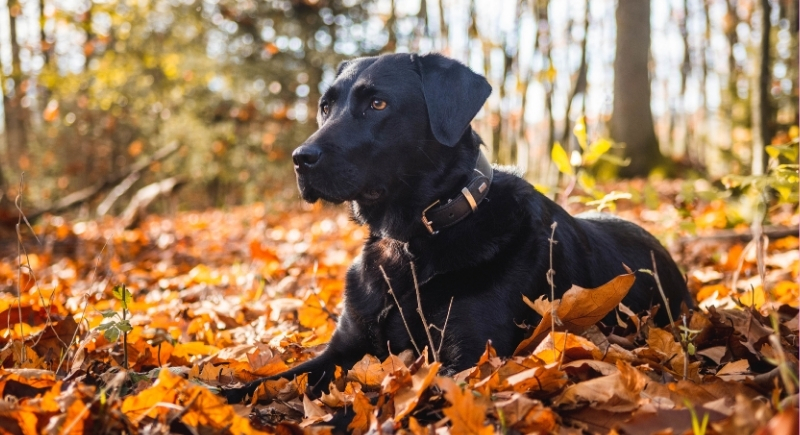
Credit: pexels
Labs rank among the most versatile therapy dogs. They greet strangers with enthusiasm, focus quickly when given commands, and adjust easily to new environments. In children’s reading programs, their calm nature helps kids build confidence, while in hospitals they bring steady reassurance. What makes them stand out is a combination of friendliness and adaptability, qualities that let them connect with people of all ages and situations.
Poodle
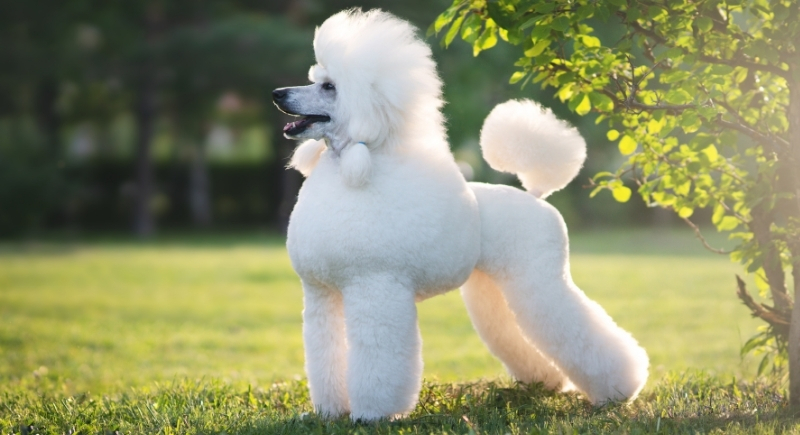
Credit: Getty Images
Few breeds combine brains and charm as seamlessly as the Poodle. Trainers appreciate how quickly they learn, while handlers value their allergy-friendly coats that make them welcome in hospitals. What really makes them shine in therapy work is intelligence and versatility, since they can comfort a bedridden patient one moment and entertain a group of children the next.
Beagle

Credit: pixabay
A Beagle doesn’t just walk into a room, they own it. With their cheerful personality and love for attention, they thrive in group settings like schools or therapy workshops. Once trained, Beagles focus surprisingly well and channel their curiosity into playful interaction. Their gift lies in enthusiasm and sociability, all of which encourage people to open up and connect, which makes therapy sessions feel less clinical and more welcoming.
Cavalier King Charles Spaniel
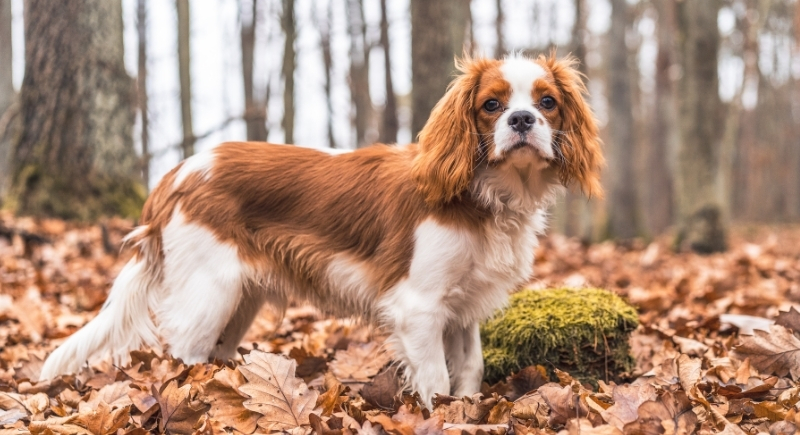
Credit: Getty Images
Soft ears, soulful eyes, and a size that fits neatly into any lap: the Cavalier King Charles Spaniel checks all the boxes for comfort. Seniors adore them because they stay calm during long visits, and children bond with them quickly thanks to their sweet nature. What defines this breed is empathy and gentleness, making them a favorite for one-on-one therapy where quiet companionship matters most.
German Shepherd
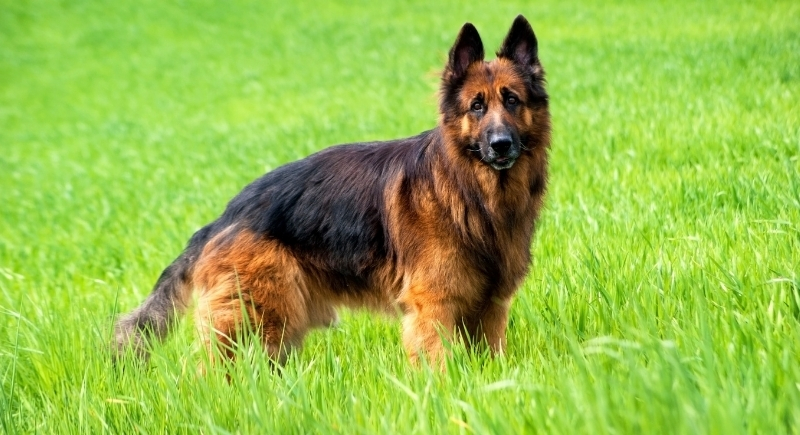
Credit: Getty Images
Think German Shepherds are only suited for police work? Therapy programs prove otherwise. With the right training, they balance attentiveness with tenderness, which not only offers physical support but also emotional. This breed’s qualities make them dependable partners, especially for people who need stability. They read subtle cues, whether that’s a nervous shift in posture or a sudden change in tone, and adjust to provide steady reassurance.
French Bulldog
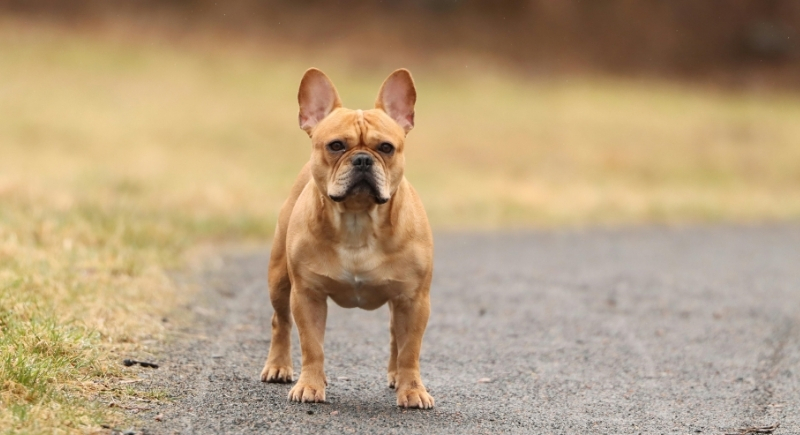
Credit: pexels
Therapy visits often call for a dog that can relax in tight spaces, and the French Bulldog fits perfectly. Their easygoing nature keeps them calm in hospitals, while their playful faces brighten the mood without effort. While humor and affection shape their personality, they thrive with people who benefit from quiet companionship in close quarters.
Bernese Mountain Dog

Credit: Getty Images
Picture a large, tri-colored dog gently leaning into someone’s side, often that’s a Bernese Mountain Dog at work. Size, patience, and steadiness define them, turning these dogs into anchors of calm for children in therapy programs or seniors who need the reassuring presence of a gentle giant. Their massive build may look intimidating, yet people quickly discover their sweet nature.
Bichon Frise
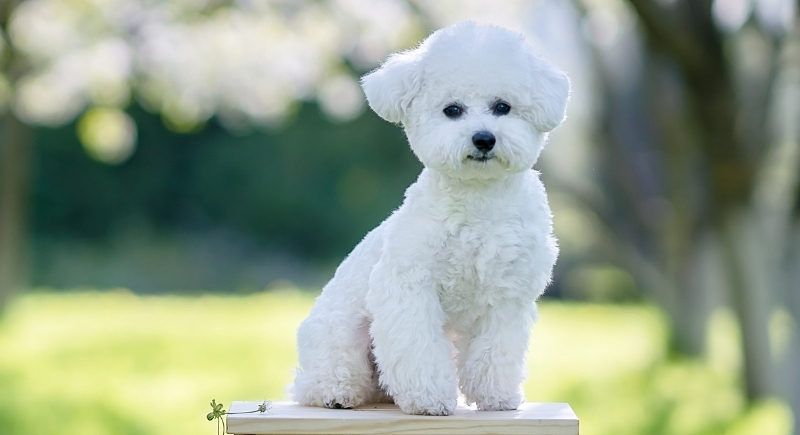
Credit: Getty Images
In therapy programs, the Bichon Frise often serves as an instant icebreaker. Their appearance sparks conversation, their personality keeps people engaged, and their easygoing nature allows them to adapt to new settings without fuss. Schools and pediatric hospitals favor them for their lively charm, while allergy-sensitive facilities appreciate their low-shedding coats. The result is a small dog that boasts fun, comfort, and practicality in one fluffy package.
Yorkshire Terrier
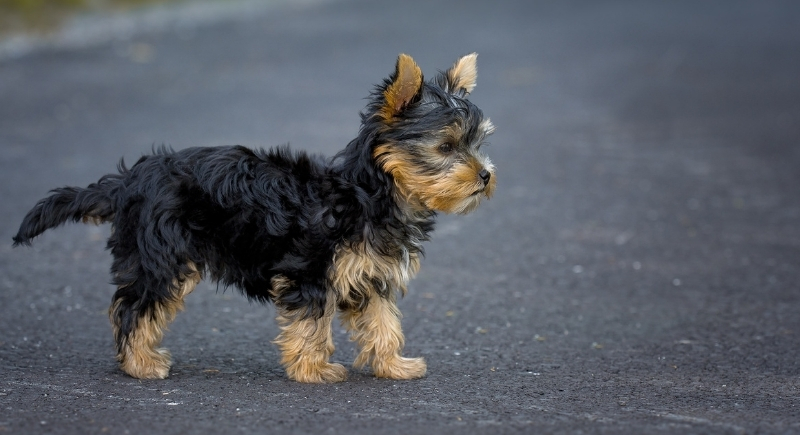
Credit: pixabay
Yorkshire Terriers may weigh only a few pounds, but they pull their weight in therapy work. They’ve been trained to press alert buttons, fetch medicine, and stay close during medical routines. Their ingenuity and affection make them surprisingly reliable in high-stakes environments. Beyond their skills, Yorkies thrive in personal connections, providing steady companionship in places where larger dogs simply wouldn’t fit.
Maltese
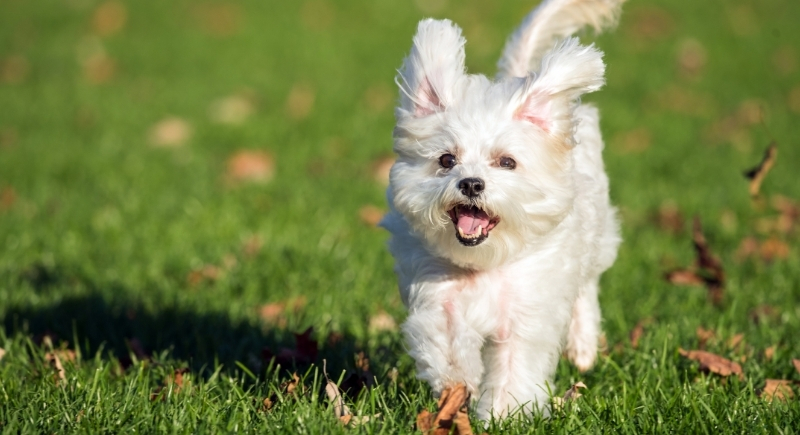
Credit: Getty Images
When long bedside visits call for a calm companion, the Maltese proves its worth. Their size makes them easy to carry, while their temperament keeps them steady in quiet settings. They are perfect for people who can’t move easily. With a history as lapdogs, they excel in staying close, offering reassurance not through action but through constant, comforting presence.
Shih Tzu
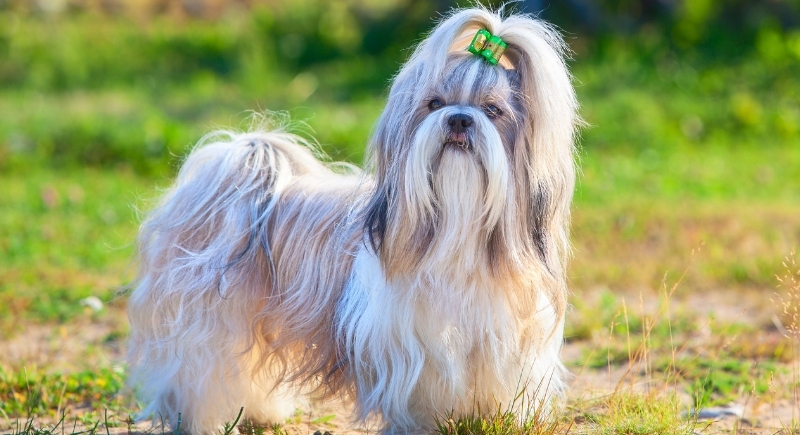
Credit: Getty Images
Centuries ago, Shih Tzus lived as companion dogs in Chinese palaces, and that role continues in modern therapy work. They manage therapy visits with a calm presence that puts people at ease. They handle noise and activity without getting flustered, making them reliable in busy settings. For those who want a dog that can provide quiet comfort while remaining dependable, the Shih Tzu often becomes an ideal choice.
Pomeranian
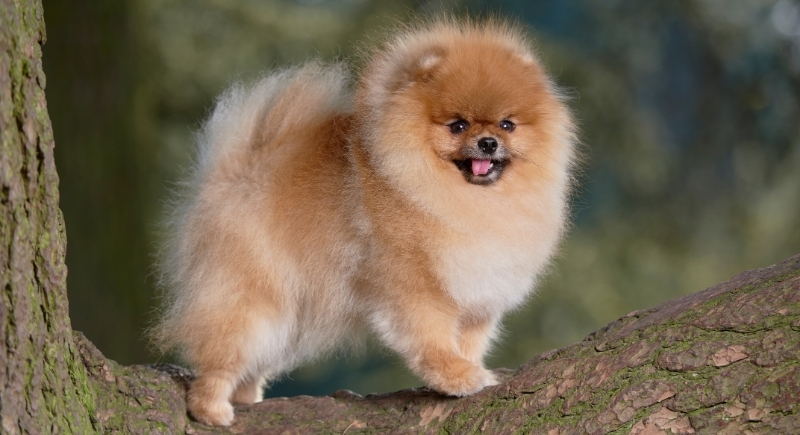
Credit: Getty Images
Pomeranians have a way of brightening a room the moment they arrive. Their fluffy coats and sharp expressions tend to draw people in, making it easier to start conversations and ease loneliness. They can settle quietly with a child during reading time or offer playful interaction in a hospital setting. Small in size but big in spirit, these dogs consistently leave people feeling more cheerful after each visit.
Cocker Spaniel
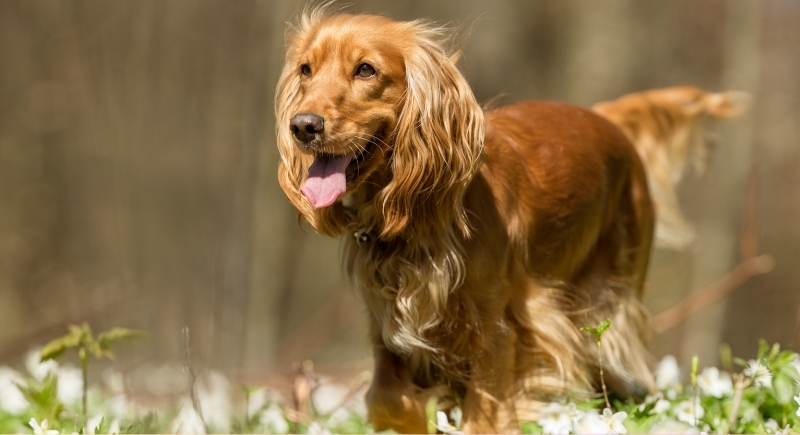
Credit: Getty Images
Walk into a therapy group and a Cocker Spaniel will often be at the center of it, tail wagging and ears flopping. Their affectionate spirit helps them blend seamlessly with both children and seniors. Patience, friendliness, and adaptability make them strong all-rounders, thriving in both one-on-one visits and group activities. They offer comfort through touch and presence, keeping interactions natural rather than forced.
Pug
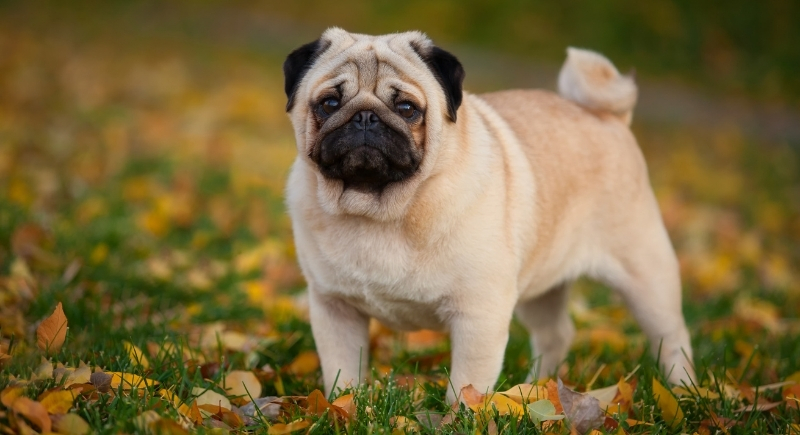
Credit: Getty Images
Pugs win people over quickly with their expressive faces and natural charm. In therapy sessions, they often make people smile before doing anything at all, which helps ease tension in stressful settings. They enjoy attention and return it with affection, making them dependable companions for those who need emotional support. Since they adapt well to indoor living, Pugs are especially popular in care homes and smaller facilities.